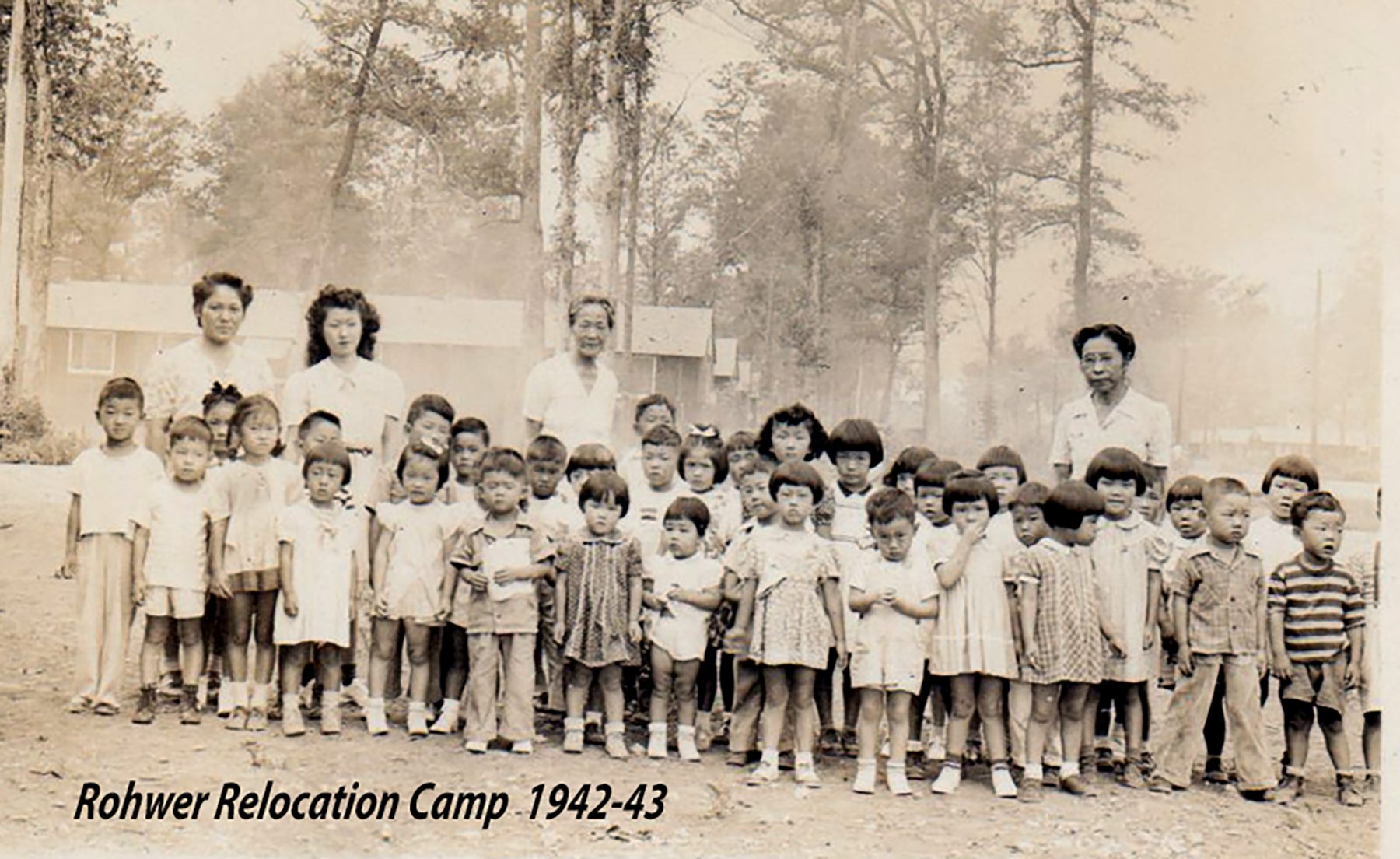Our History

What Is the Japanese American Citizen League?
JACL was organized in 1929 as an educational/social action group in response to prejudice and discrimination directed toward Americans of Japanese ancestry. It is the largest and one of the oldest national Asian American organizations.
JACL’s mission is to secure and uphold the human and civil rights of Americans of Japanese ancestry and others and to promote and preserve the cultural heritage and values of Japanese Americans.
Over the years, JACL has helped to overturn more than 600 discriminatory laws and statutes. Some of the discriminatory laws that the JACL helped repeal or amend include the following:
- The Cable Act of 1922 which revoked the citizenship of American women married to aliens.
- The Emergency Detention Act of 1950 which permitted persons to be apprehended and detained on probable cause only.
- The elimination of discriminatory immigration quotas on Asian and Pacific Rim countries and the right for Isseis to become naturalized citizens with passage of the Immigration and Nationality Act of 1952.
- The elimination of race as a factor in immigration on 1965 with passage of a law that amended the Immigration and Nationality Act of 1952. This amendment removed race as a barrier to immigration and added a system of preferences in extending immigrant visas.
As a national organization, JACL has taken part in other notable actions which include:
- In 1948, became a founding member of the Leadership Conference on Civil Rights, the largest civil rights coalition in the United States.
- Assisted in repealing Idaho’s anti-miscegenation law in 1959.
- Joined in the “March on Washington” in 1963 with Dr. Martin Luther King to demonstrate its commitment to insuring complete civil rights for all Americans.
- In 1964 JACL initiated a campaign for the repeal of anti-miscegenation laws and for the establishment of fair housing policies.
- In 1988 JACL testified before the United States Senate urging passage of the Hate Crimes Statistics Act.
Since the 1940’s, JACL has taken a lead role to convince the government to provide redress for the World War II internment of Japanese Americans.
- In 1944, JACL filed an amicus legal brief in the Korematsu v. United States case before the United States Supreme Court testing the constitutionality of Wartime internment.
- In 1948, JACL advocated passage of the Evacuation Claims Act which allowed for token compensation for the wartime losses suffered by Japanese Americans.
- In 1978-81, JACL was instrumental in persuading Congress to establish the Commission on Wartime Relocation and Internment of Civilians which made findings and recommendations on the wartime incarceration of Japanese Americans. The recommendations became basis for subsequent legislation that provided monetary compensation for the internment.
- JACL took a lead role in advocating the passage of the Civil Liberties Act of 1988 which provided an apology and $20,000 in compensation to then-living individuals that were interned or had their rights abridged during World War II. The Civil Liberties Act also provided $4 million in educational grants about the internment.
ITEMS OF INTEREST
JACL is a not-for-profit, 501c(3) organization incorporated in 1937 in the state of California. The JACL maintains a paid staff at its headquarters in San Francisco, in its five regional offices, in its Washington D.C. lobbying office and at its newspaper, the Pacific Citizen located in Monterey Park, CA.
Every two years (even years), JACL sponsors a national convention when the national council of chapter delegates review and approve the national membership dues, budget, program for action, constitutional amendments, and resolutions.
National JACL sponsors several programs such as scholarship awards totaling $73,000, WDC Leadership Conference for young adults interested in the political process, regional leadership training programs for JACL leaders, and a biweekly newspaper for its membership and other interested individuals and organizations.
The JACL is divided into eight district councils which meet several times annually. Every two years, various district councils sponsor joint conferences. (They include the California Tri-District, the Eastern/Midwest/Mountain Plains Tri-District and the Pacific Northwest/Intermountain Bi-District conferences.)
Local chapters determine its own membership dues rate which are in addition to the national membership dues. District dues may also be assessed.
Why Is the JACL So Important?
Legislation: JACL’s 112 chapters in 26 states, including a chapter in Japan and its eight district councils provide an effective communications network to address national issues which impact the lives of Japanese Americans and other Asian Americans. Some of these issues are immigration reform, affirmative action, English-only laws and hate crimes.
A single chapter or district council has the capabilities and resources to make a significant impact locally. Nationally, the JACL network comprises a formidable group. Together, in coalition with other Asian American and civil rights organizations, JACL’s impact is even stronger.
JACL’s experiences and achievements in the legislative arena are well known and welcomed by other Asian American groups and organizations.
Leadership: As JACL enters the 21st century, it seeks leadership among the new generations to continue its mission and chart new directions to meet the changing needs of the membership.
As the rapid growth of Asian Americans continue, JACL will encourage new leaders to enter the political arena to help develop and act on national policies which address their needs and protect their rights as Americans.
Local Communities: Diverse and multicultural environments in education, the workplace and housing are emerging as part of the American scene. JACL chapters must play a role in actively supporting these environments by participating in multicultural efforts.
Local chapters, with an increasing membership of persons from multicultural and multiracial backgrounds, can play key roles in addressing human/civil rights and ethnic identity concerns.
